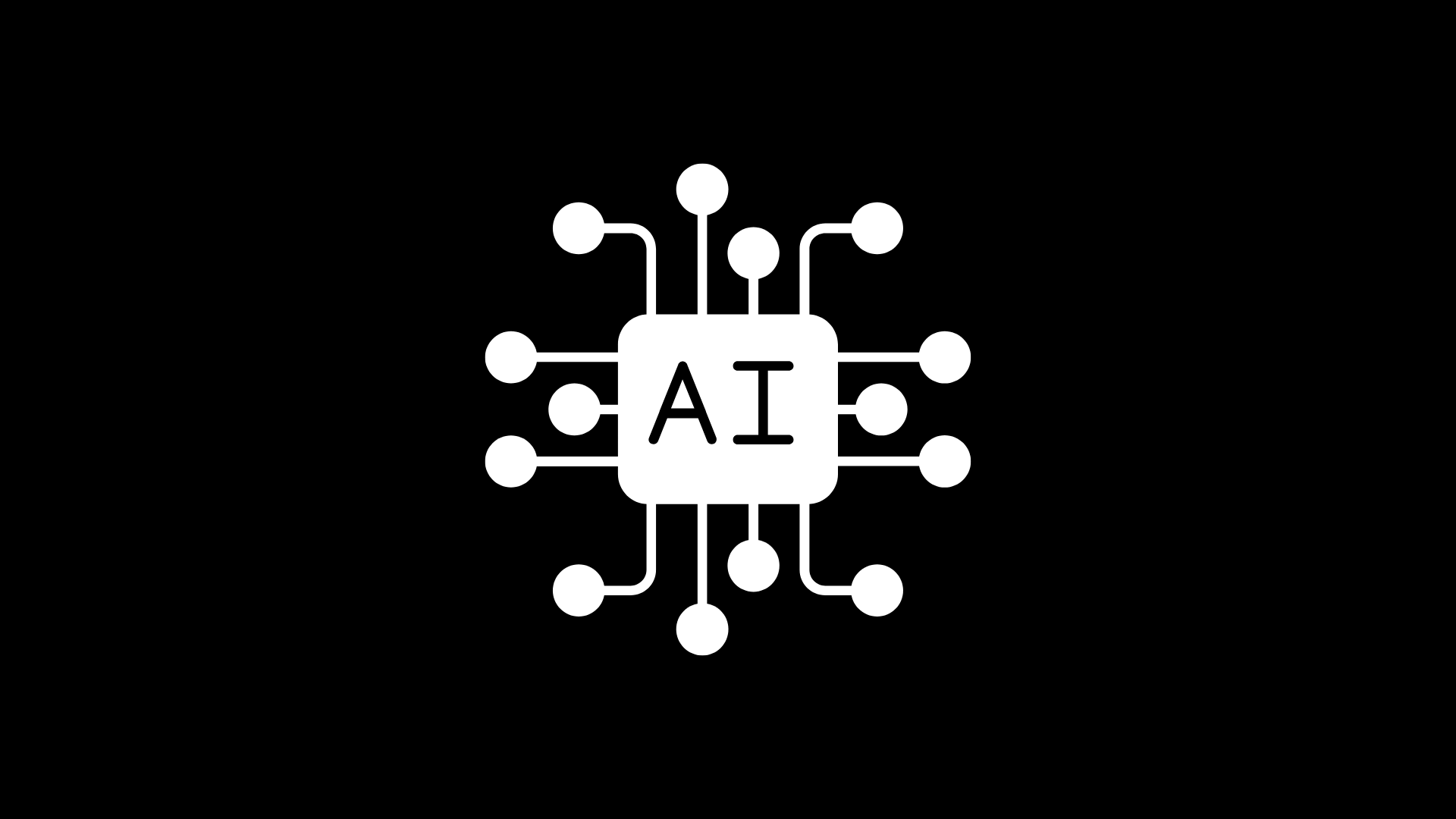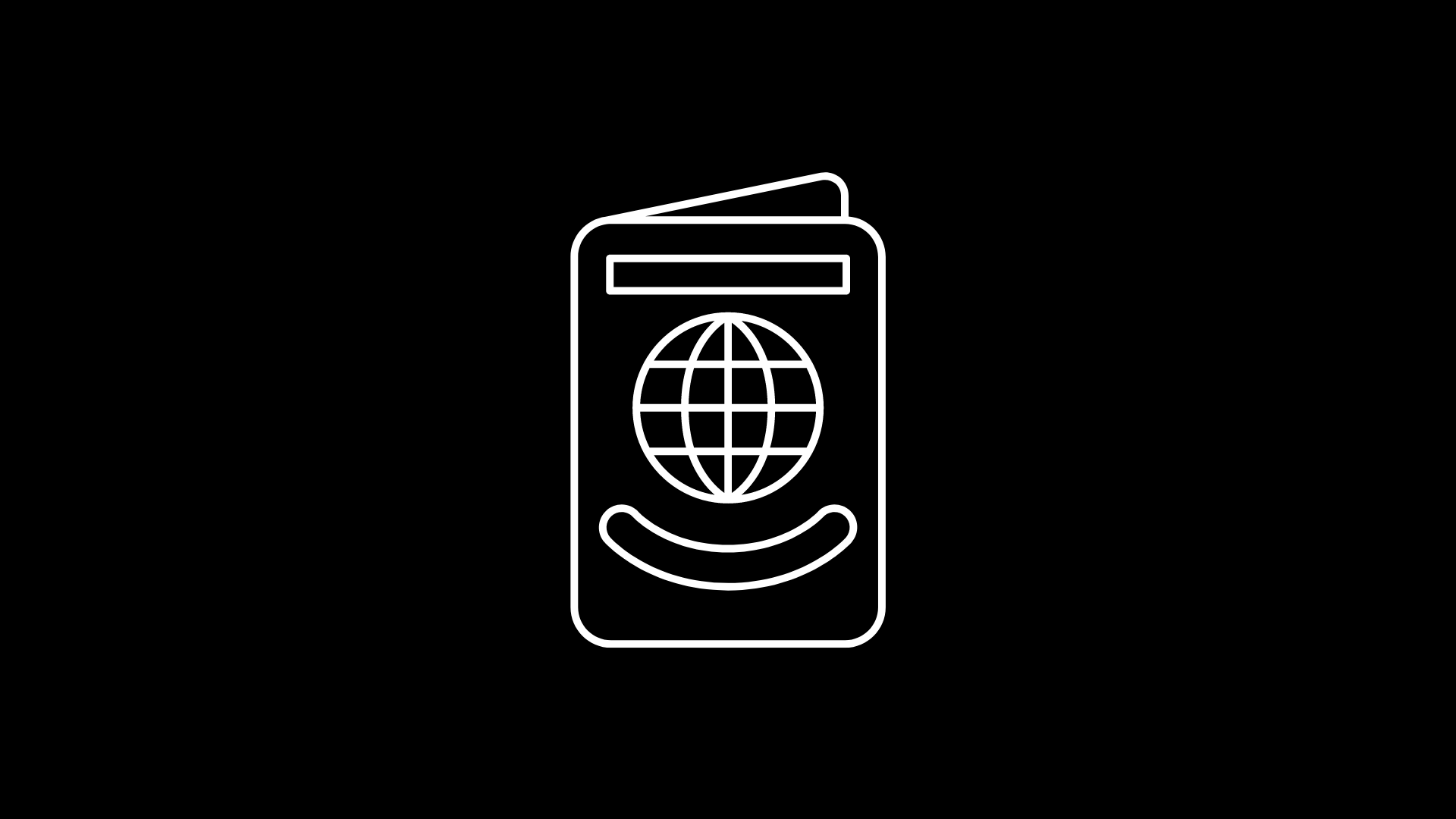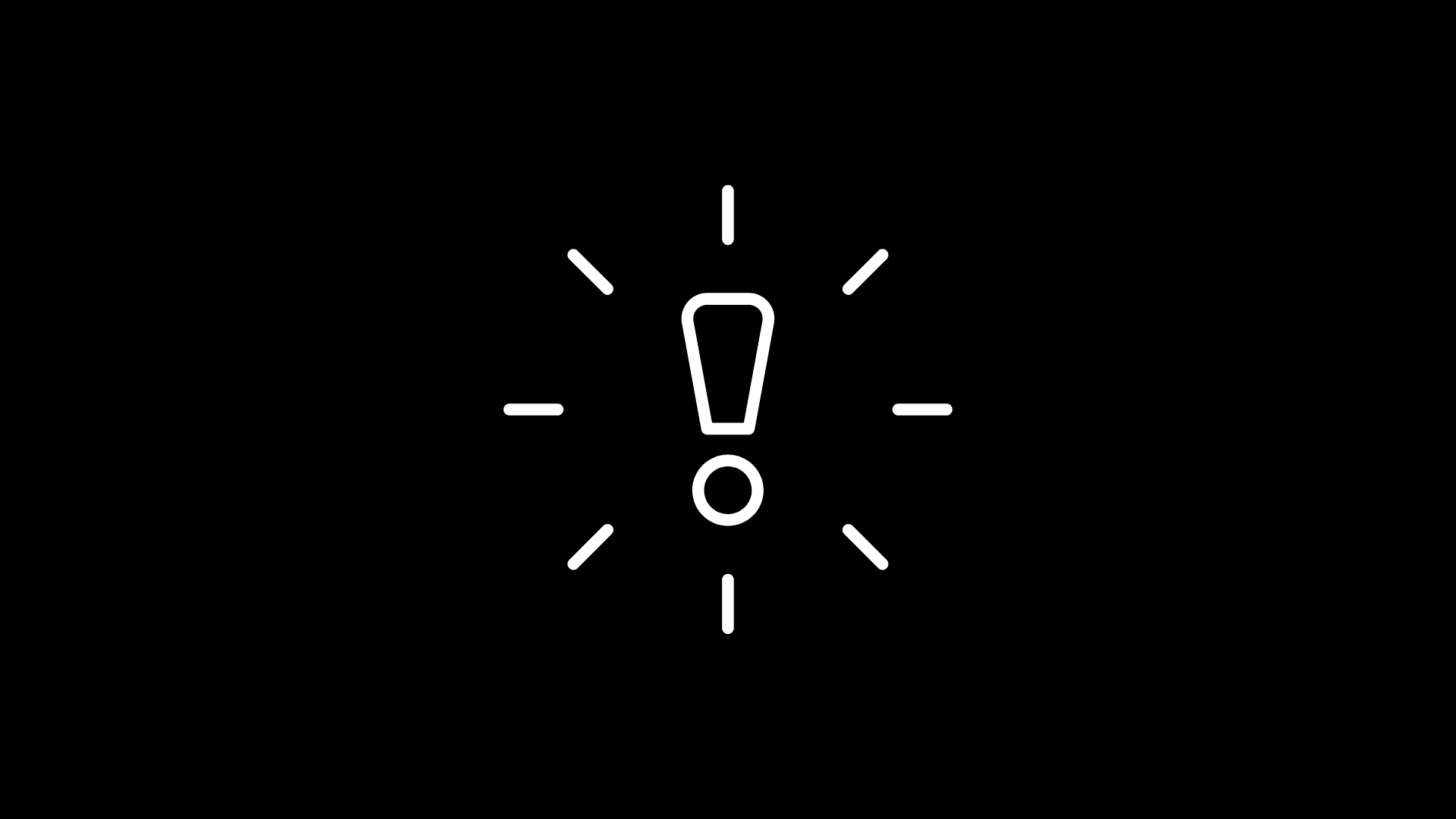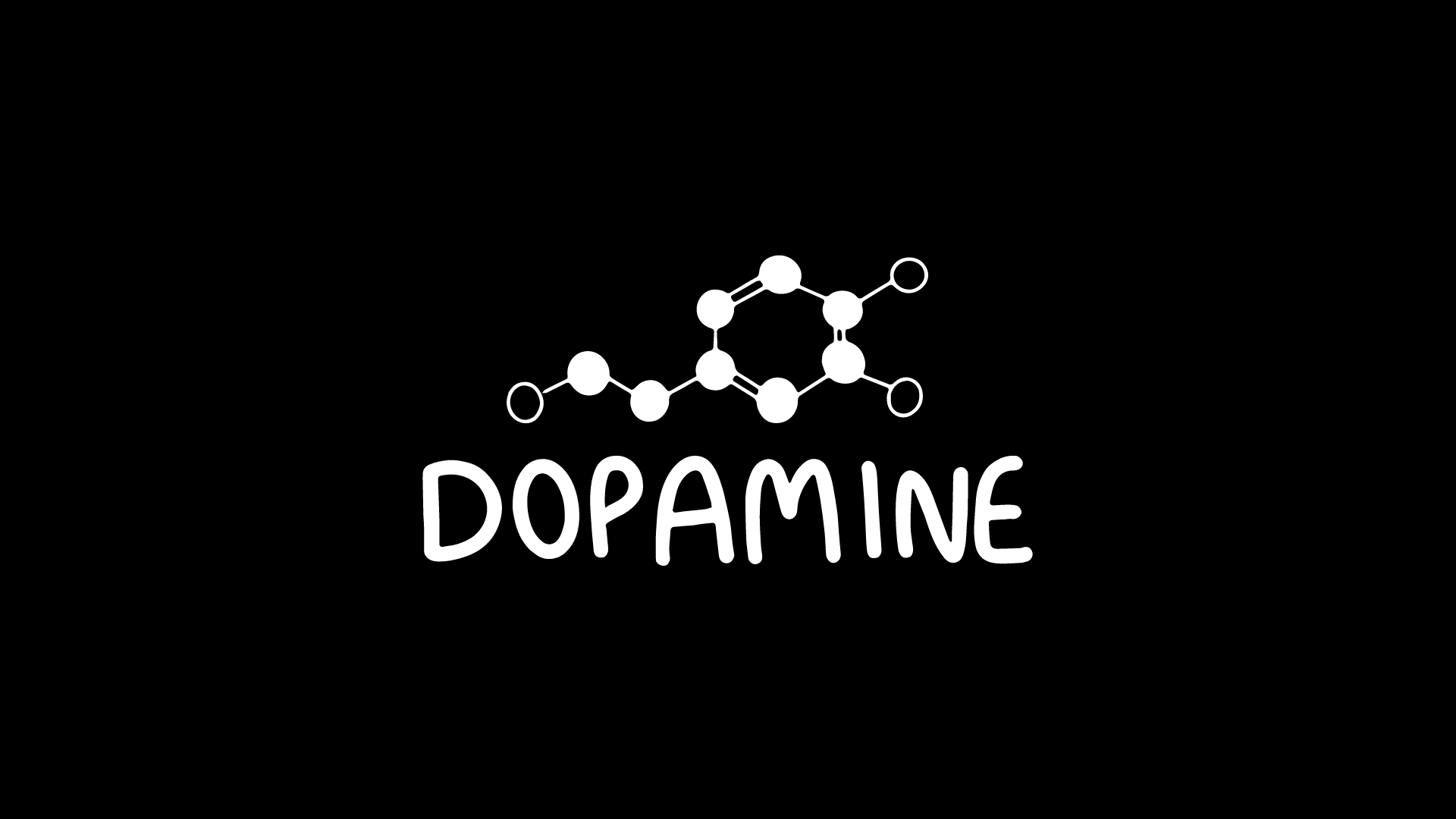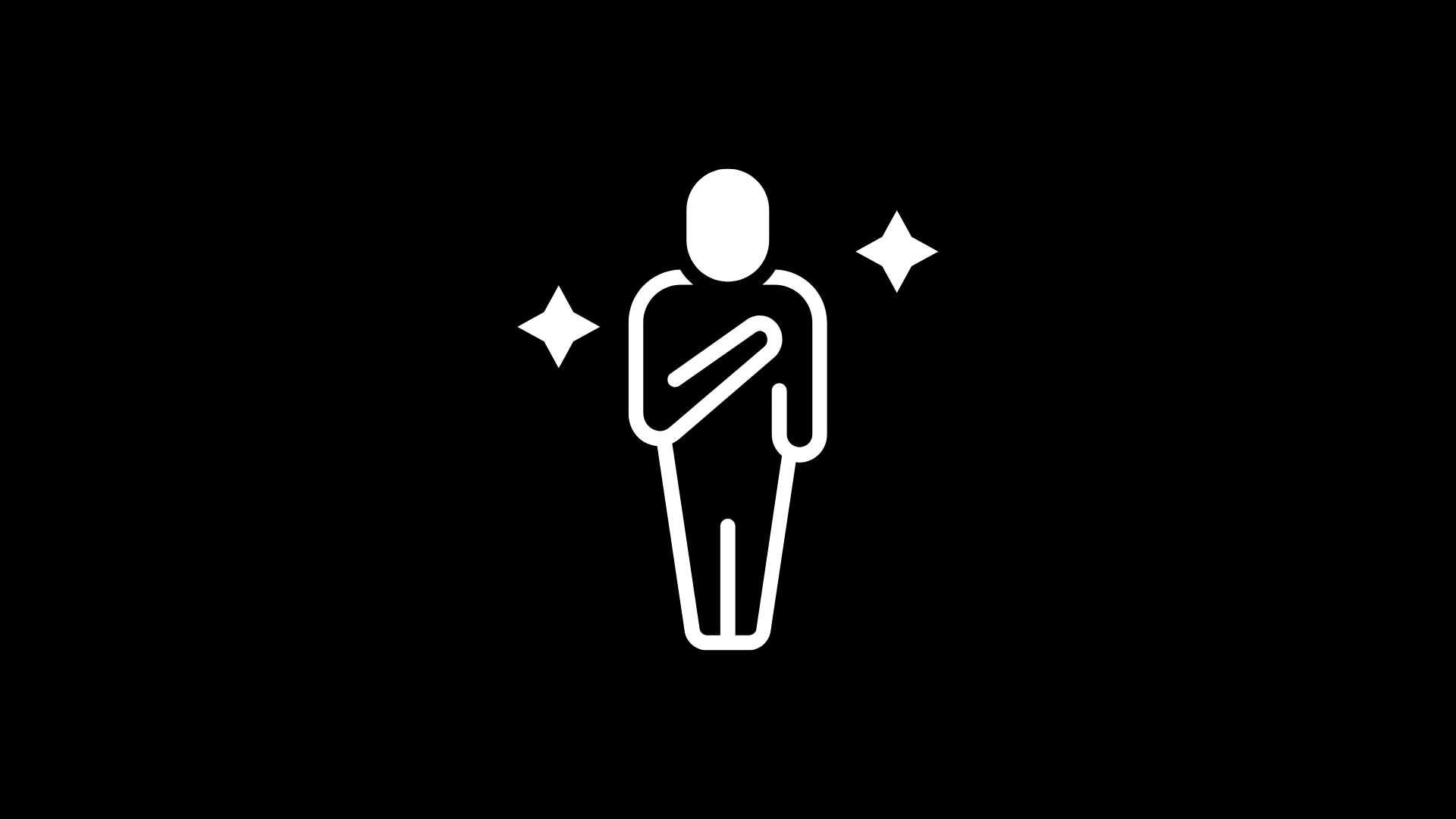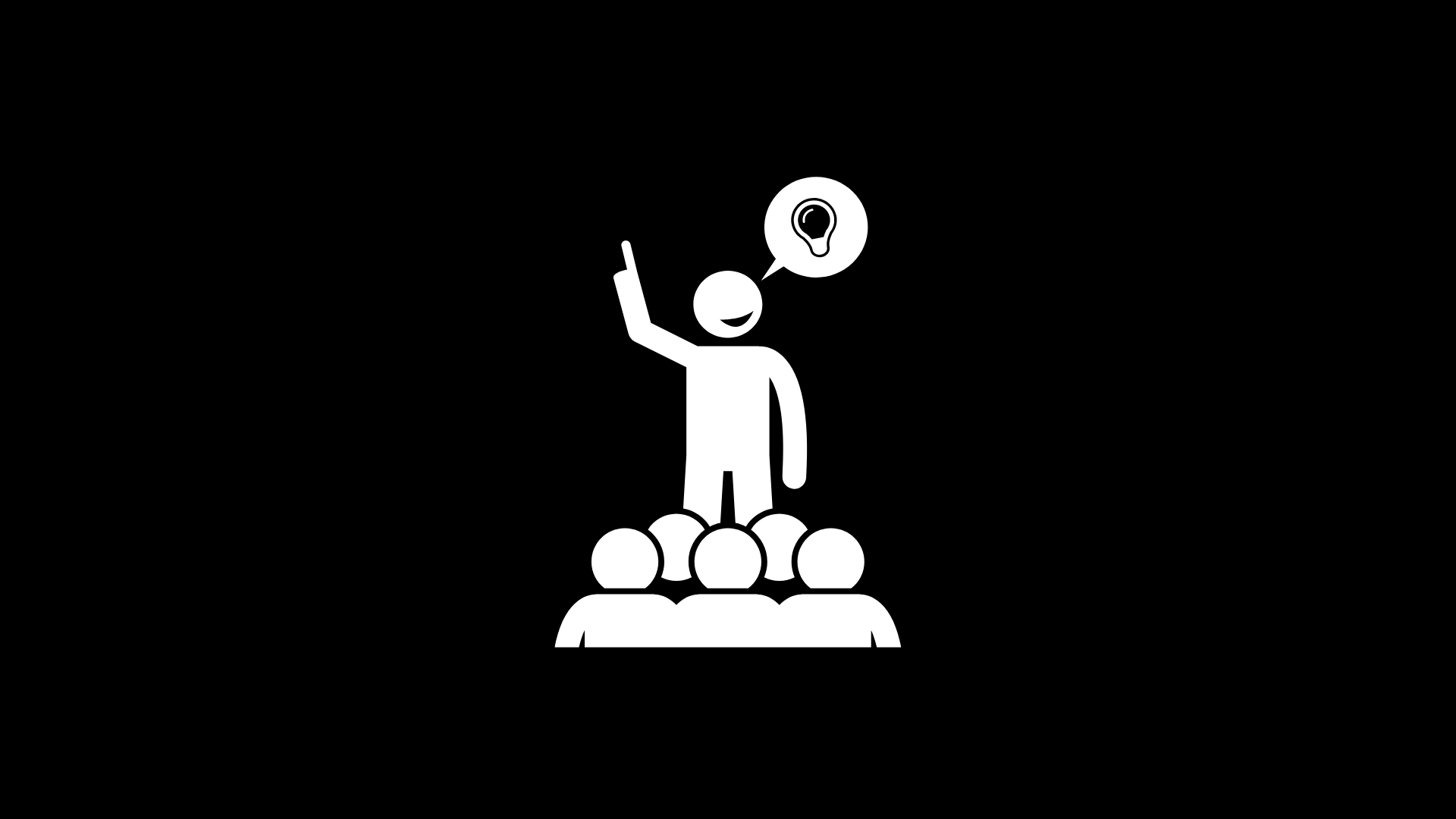Have you ever wondered why some individuals are drawn to cults or faiths to the point that they would even take their own lives, while other people are struggling to even sell a life insurance policy?
This all comes down to the power of persuasion and manipulation.
But what is persuasion, and what is manipulation? What are the differences?
Persuasion is what they do to you to change your behaviour or decision-making, and manipulation is what others do to you to manage you into adopting the change or decision that has already been made.
Persuasion, manipulation, and coercion are all very different from each other in how they look, feel, and sound.



Persuasion, not manipulation, is the goal when we discuss the use of behavioural science, psychology, and sophisticated communication methods in life and our professional careers.
To make it simple, persuasion is about making more convincing arguments to get people interested in what you have to say.
Persuasion is something We Do on a daily basis
- You may have made a compelling case for why your family should visit a certain restaurant or attend a certain event this weekend.
- Maybe you’ve already convinced a loved one to receive the COVID-19 vaccination.
- Or maybe you’re trying to convince your boss to hire your friend because he or she is good and talented.
To stay on the right side of the line between persuasion and manipulation, we don’t use tactics that exploit people’s emotions or force them into bad decisions.
Now that we have some ideas of what the differences are and what we are trying to achieve here, let’s dive into some techniques and understandings of persuasion. This will help us in both our personal lives and professional careers. In my opinion, our relationships can improve if we understand persuasion and human nature better.
Dr Robert Anthony once said, “The degree to which you will awaken will be in direct proportion to the amount of truth you can accept about yourself.”
So if you want to know yourself better, study persuasion.
So, where does persuasion begin?
It all starts with attention. Getting someone’s attention is the first step in persuasion. Many people and studies I’ve read have said that getting someone’s attention is not only the first step in persuasion but the only step.
What holds attention determines action
There are many things that may catch people’s attention. Yet we all fall for discrepancies.
such as items that:
- Stand out
- Doesn’t make sense
- Confuses us
But why do we pay attention to discrepancies?
There are two explanations for this:
The first is our natural survival instinct. We are actually “wired” to detect items in our surroundings that “stand out” from the ordinary, in case they risk our existence.
Even minor discrepancies will attract our attention. Why?
Because they stand out, we must pay attention to them, if only to judge them as unimportant. In other words, assessment comes last and attention comes first.
The second reason differences are so important in attracting our attention is that we are naturally attracted to things that boost our energy level and make us feel more alive.
If there are any discrepancies, we are interested in knowing the rationale behind them.
We want to find a solution to it and figure out what is happening over there, and all of a sudden, this gives us a boost of energy that we can put into fixing the problem and figuring out what’s going on.
Placing two contradictory ideas next to one another can also result in discrepancies.
For example, if someone comes and tells you that war is necessary for peace you will think, what? war, then peace?
We assumed that if there is peace, there is no war. How can someone start a war to achieve peace This single statement can catch your attention and raise your curiosity.
You’re instantly interested in hearing the opposing side’s reasoning and perspective.
We have less control over anything that comes to our attention than the person who brought it to our attention. Worse, we often fail to see this until it is much too late. It illustrates that there is a chance we will not realise our attention has been captured until it has been released.
When something catches our eye, we are more likely to be persuaded to learn more about it or take some other action based on that information.
To pay attention to something is one thing; to have our attention caught by something else is entirely different.
When we pay attention to something, our conscious judgement and self-awareness fade, and in their place comes suggestibility.
Apart from impacts on judgement and self-awareness, Dr Ronald C. Simons, in his book “Boo! Culture, Experience, and the Startle Reflex” describes four distinct consequences of attention capture on an individual:
- Paralysis
- Approach
- Matching
- Obedience
Paralysis: Is triggered when anything halts our progress. Whatever we were thinking or doing before our attention was captured fades away as our attention is drawn to whatever has commanded it.
Approach: This happens when we are pulled towards anything that catches our attention.
Matching: The accidental copying of another’s behaviour. Specifically, the actions of the one who has attracted our curiosity.
Obedience: means that you can’t say no to a reasonable order from someone who doesn’t have the power or ability to force you to do what they say.
Grabbing someone’s attention is like a hook
But what keeps it there?
The vast majority of people experience boredom in their lives on a regular basis; they are the individuals who are most receptive to receiving suggestions, making it easy to grab their attention.
We never let our minds stay still without thinking about something, but we can put our bodies into a state of rest where they do nothing but their normal survival functions, like breathing and digesting food.
To untangle our minds, we need willpower and a willingness to try, which begins with meditation and so on.
Humans, in reality, have an extreme need for mental engagement, and this need can override our physiological needs.
Have you ever found that you neglect your body’s needs while you’re engaged in a post on social media? You were so hooked by the post that you kept thinking about it even while you ate or drank.
To persuade someone of anything, you must first get their attention and then keep it via mental engagement.
Mental engagement is both the starting point and the final goal of persuasion.
As the saying goes, do not try to teach, but rather entertain.
Keeping someone engaged is the topic for the future, and we’ll talk more about it in a later post. But let’s talk about how to get people’s attention for now.
There are triggers we may use to get someone’s attention. These triggers are based on hidden addictions in our minds, and no matter what we are consciously attempting to accomplish at any given moment or day, getting these needs met can throw us off track in an instant.
These are subconsciously held addictions, and if someone satisfied them, we would be drawn to that individual.
In his book, The Forbidden Keys to Persuasion, Blair Warren goes into detail about each of these addictions.
Six hidden addictions
Needed: People need the sense that they are needed. Every single human being has an innate need to feel as if they have a purpose in this world. You may be able to win over a receptive audience and give them the impression that they are a part of something by using this strategy.
Hope: People are willing to do everything in order to maintain a feeling of optimism when they are aware that they have reached a dead end. They may be willing to try new things, take chances, or make significant adjustments to their lives in order to find a solution to the challenge that they are facing.
Scapegoat: A scapegoat is necessary for the people. Everyone wants someone to blame. You’ll have a devoted supporter if you can persuade them to place the blame for their actions on someone else rather than on themselves.
Noticed: People have a desire to be acknowledged and to feel that they are understood. It is essential for people to believe that their interactions with other people are recognised and understood by those other people. A feeling of connection and trust may be developed when one believes that they are being heard and respected.
Secret: People have a need for information that either no one else knows or that they are not permitted to know. This is a technique often used by cults. A person may have a sense of power and control, as well as a sense of being unique or exceptional if they are aware of something that is unknown to the majority of others.
I am right: The people need to be correct. If you give someone the impression that they have said anything inappropriate, they will resist and struggle against whatever you try to communicate to them.
Blair also explains the two main reasons why these addictions are important in our lives:
First, they are at the centre of a lot of what we do every day.
We tend to think that our activities are about more everyday stuff like making money, having fun, or spending time with friends.
However, if we look deeper into what we are trying to get out of these activities, we will often find that they are driven by one of our hidden addictions.
Because of this, people who help us feed our addictions often become more than just business partners or acquaintances. We begin to behave as if they are a family member.
This is why the connections that cults make with their members and the situations that con artists create for their victims are so hard for people on the outside to break through.
The relationship has little to do with logic. The victim’s most basic psychological needs are being met, so they don’t want to give up the thing that makes them happy.
The second reason these hidden addictions are so strong is that when they are satisfied, a context of reciprocity is created. limited reciprocity from not trading something tangible or visibly valued.
Dealing with others’ psychological addictions is often enough to foster mutuality.
We’ll pause here for the time being.
Keep in mind that using the above six hidden addictions will improve your chances of capturing your audience’s attention and convincing them of your point of view, whether you’re writing content, giving a speech, or attempting to convince them in any other way.





